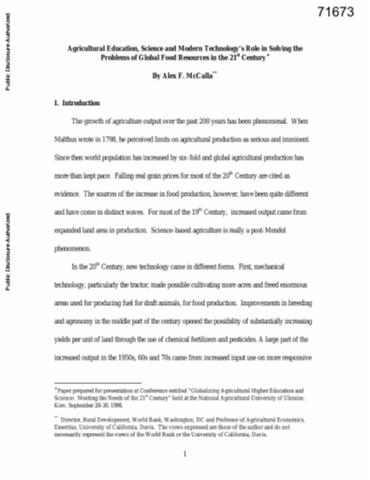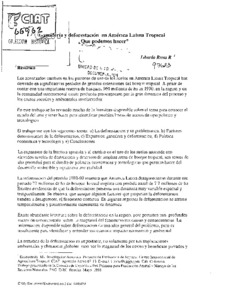The untouchables: Forest crimes and the concessionaires - can Cambodia afford to keep them?
An historical record of concessionaire activity in Cambodian forests since 1995, and a critique of the ADB-funded concession review carried out in late 1999.Available in Word and Text verisons and in Khmer at: http://www.fatbeehive.com/globalwitness/text/campaigns/forests/cambodia/...






